This page contains teachers’ notes for The Story of Jimmy Durham.
Sensitive issues
As ‘The Story of Jimmy Durham’ deals with issues surrounding race and conflict, some children may need extra support; perhaps where similar issues affect their personal life, for example: adoption; mixed race families; racial bullying/abuse; families affected by recent conflicts; children from families seeking asylum. Of course certain issues may only become apparent as a result of working with the material.
Age of pupils
The suggested activities are most suitable for pupils of Key Stage 3, although there is nothing to stop pupils of other key stages working on the activities most appropriate for them. The list of activities we have suggested is by no means exhaustive; the material is there to be used for the extension and enrichment of the curriculum, so if you come up with other ways to use it – feel free! (and please let us know your suggestions).
Differentiation
Some children may need to alter the size of the text on screen to be able to view it more effectively, or images can be printed out and enlarged. Some children will need more teacher intervention than others, particularly when dealing with sensitive issues. You know your own pupils!
Curriculum links
History
The package is most suitable for use alongside QCA Unit 14, ‘The British Empire: how was it that, by 1900, Britain controlled nearly a quarter of the world?’
Skills developed
- Awareness of chronology
- Access and use a range of sources
- Application of historical knowledge to explain and interpret sources
- Use evidence, weigh it up and reach own conclusions
- Reflect on personal choices, attitudes and values
- Sift through evidence and argue a point of view.
Key skills
- Communication
- Working with others
- ICT.
Literacy
- Speaking and listening: discussion, putting across a point of view
- Reading: using a range of text/source materials
- Writing: fiction/non fiction; writing in different styles and for different purposes, for example letter, newspaper, storyboard, making notes.
Citizenship and personal, social, health and economic (PSHE) education
- Discussing attitudes to race; comparing attitudes now with those in the past
- Looking at what organisations work with children in areas of conflict.
Geography
- Using maps and atlases and other sources to locate given places.
ICT
- Using the internet to do research
- Word processing documents
- Using desk top publishing packages.


